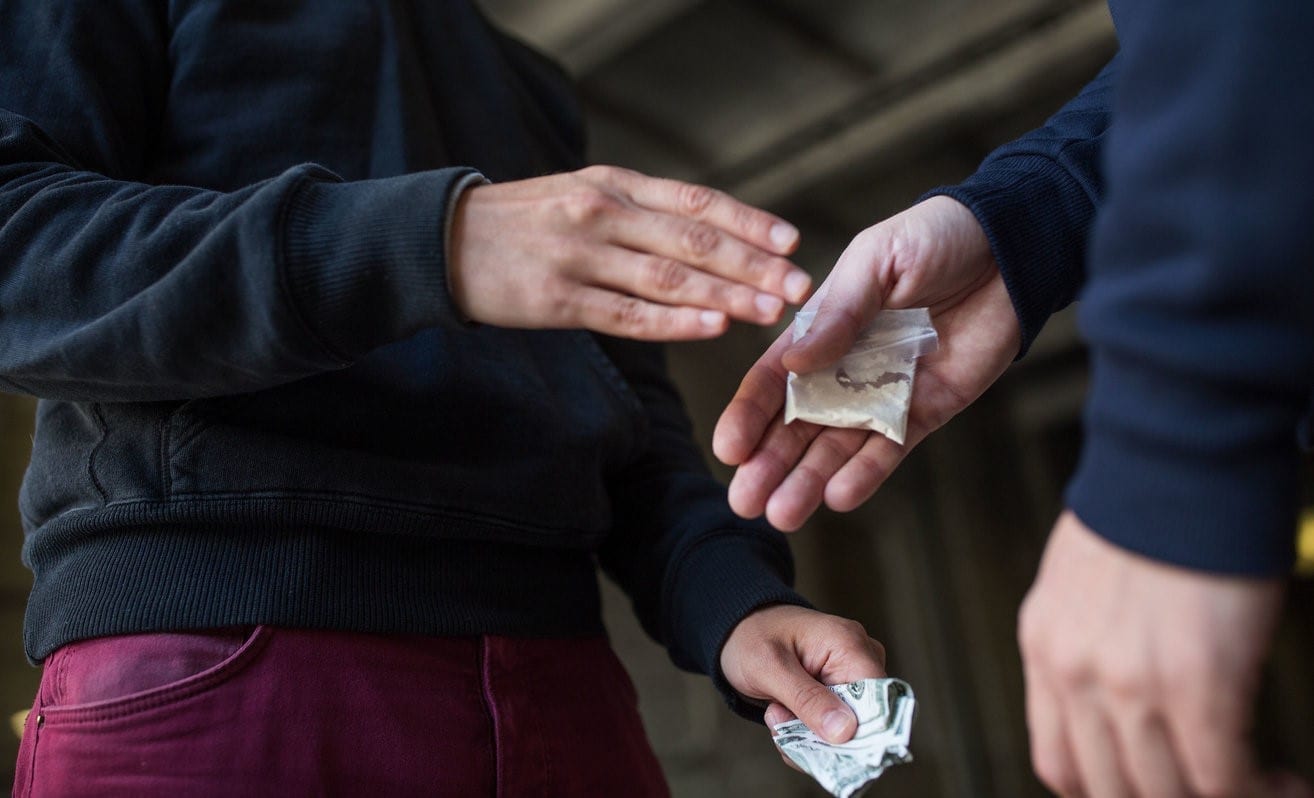When Is Chicago Drug Possession Charged As a More Serious Crime?
In the world of drug crimes, charges are divided into three main categories: possession (holding drugs), distribution (selling drugs), and trafficking (typically – though not necessarily – moving drugs).
These definitions are pretty straightforward, and it’s fairly well known that trafficking and distribution are more severe drug crimes than possession. So if you are caught merely holding drugs, and there is no concrete evidence of you moving or distributing the drugs, you won’t face harsh penalties, right?
Not so fast. In some cases, individuals found with drugs can be hit with a “possession with intent to deliver” charge. When that happens, the penalties can be incredibly severe.
Let’s look at a real life example that took place right outside of Chicago.
Three Arrested in Aurora
From November 11 to November 17, federal agents tracked the transportation of 75 kilograms of cocaine and 35 kilograms of heroin from the Mexican border all the way up to Aurora. After a formal search of the drugs that were found, federal officials arrested three men who each had a hand in the transportation or possession of the drugs.
What does “had a hand” mean?
Adolfo Meraz-Renteria worked as a mechanic at the warehouse where the drugs were found. Urbano Arellanes provided the warehouse. Jose Raul Perez-Pailles physically drove and transported the drugs.
Because of their involvement, all three men were charged with possession with intent to distribute cocaine and heroin. They appeared before a U.S. Magistrate Judge in Chicago, and currently remain in federal custody without bond.
“Possession with intent to distribute” is not just a federal charge. You can also face similar charges in Illinois.
What Exactly Is “Possession with Intent?”

Drug possession charges usually apply only when a person possesses the drugs for personal use. That’s why possession charges are less severe than distribution or trafficking charges.
Remember above how we mentioned that you don’t actually have to sell or traffic drugs to be charged with those crimes, though? There’s a gray area that forms when someone is found possessing a large amount of illegal drugs. That gray area is called “possession with intent.”
Essentially, the idea behind possession with intent is that if someone is caught with a large amount of drugs, those drugs are not all for personal use. The individual in question was most likely going to sell them or is involved in moving them for someone else who’s going to sell them. Because of this, anyone caught with more than a certain amount of an illegal drug can be charged with possession with intent to distribute.
In addition to simply having a large amount of drugs, prosecutors can also use the following evidence to pin you for possession with intent to distribute:
- Presence of drug paraphernalia
- Presence of packaging materials, scales, etc.
- Presence of large amounts of money
- Communication with possible customers or distributors
Why Does This Charge Matter?
The difference in sentencing between simple drug possession and possession with intent is vast. For example, if you are charged with possessing less than 2.5 grams of cannabis, you will face penalties including up to 30 days in jail. Certainly not good, but there are worse consequences out there.
Case-in-point: if the prosecution can prove that you intended to sell that amount of cannabis, you could face up to six months in jail. Moreover, if you are hit with federal charges, which often come into play in trafficking cases, you may face longer mandatory jail sentences.
In some cases, possession and possession with intent could mean the difference between a misdemeanor and a felony charge.
A judge is also less likely to consider diversion or drug court programs if you are selling or profiting off of drugs rather than merely using them.
Ultimately, all drug charges are serious, and no matter what type of drug crime you face, it’s important to create a strong defense to avoid conviction and a stain on your criminal record.
About the Author:
Andrew M. Weisberg is a former felony prosecutor who now serves as a defense attorney in the greater Chicago area. He has extensive experience in handling all types of criminal cases, from sex offenses and domestic violence to retail theft-related crimes, Murder, and drug crimes.







 Blog Home
Blog Home 










